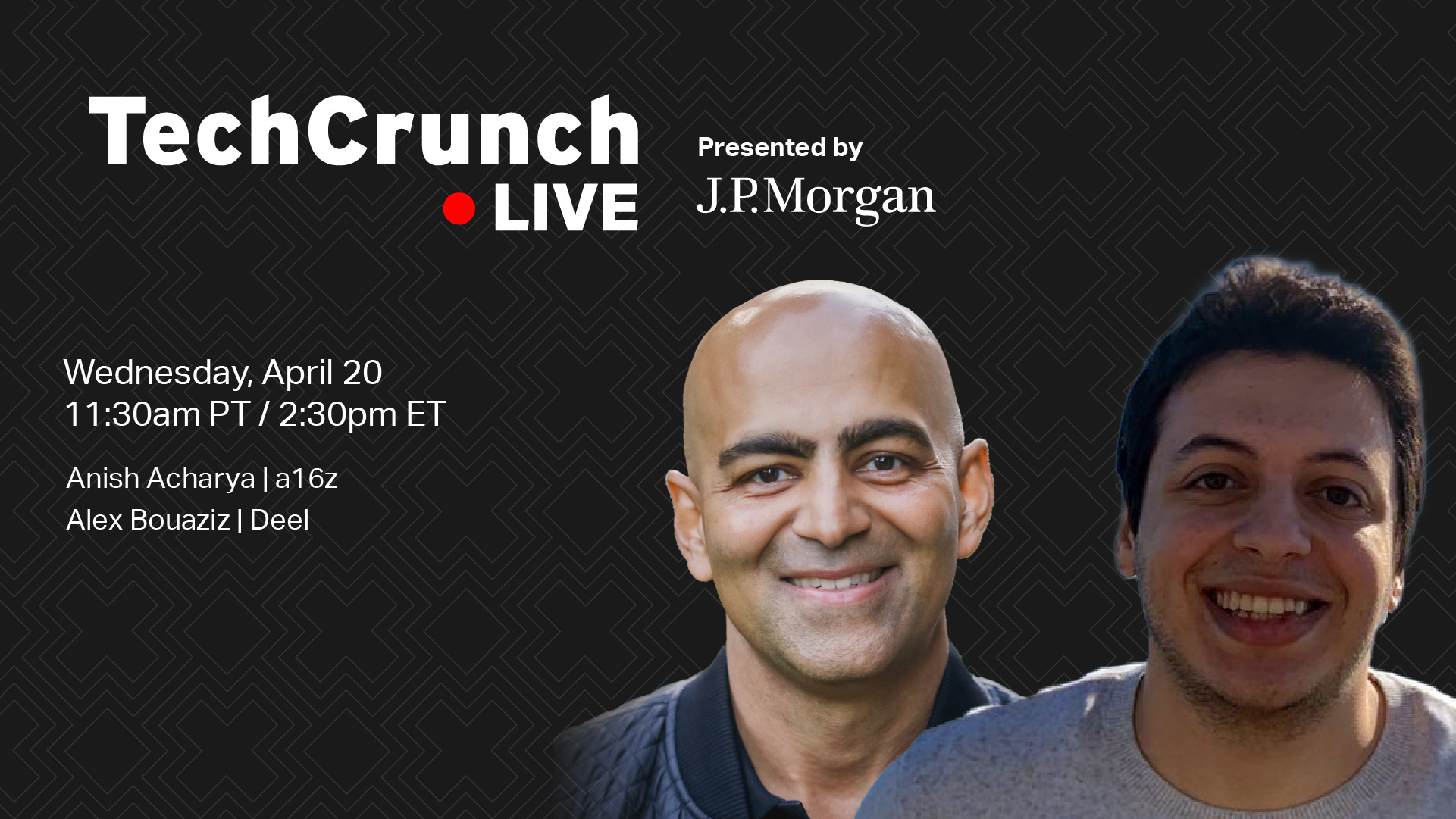Most founders are not experienced entrepreneurs, which means they tend to repeat the same mistakes as they try to overcome universal challenges.
According to Klaviyo co-founder and chief product Ed Hallen, luck was a contributing factor to his marketing automation company’s success.
“But it’s also clear that if we had known more upfront, we wouldn’t have had to luck into those choices in the first place,” he says.
Full TechCrunch+ articles are only available to members
Use discount code TCPLUSROUNDUP to save 20% off a one- or two-year subscription
In a TechCrunch+ guest post, he shared three fundamental pieces of advice for new founders. Lesson one: don’t attempt to change user behavior — instead, look for a problem that you can solve.
“Rather than focus on telling a story, we found a problem and came at it hard because we knew if we found enough people with the same problem, we could build a company.”
This week, we’re running several articles on entrepreneurship as TechCrunch staffers recap their conversations and panel discussions from our Early Stage event earlier this month. Stay tuned!
Thanks very much for reading,
Walter Thompson
Senior Editor, TechCrunch+
@yourprotagonist
Submit questions for today’s TechCrunch+ Twitter Space with immigration law attorney Sophie Alcorn

Image Credits: Joanna Buniak / Sophie Alcorn (opens in a new window)
Today at 2:30 p.m. PT/5:30 p.m. ET, I’m hosting a Twitter Space with Sophie Alcorn, an immigration law attorney based in Silicon Valley and author of Dear Sophie, a column that appears on TechCrunch+ each Wednesday.
We’ll discuss relevant issues for technology workers and founders who are considering setting up shop in the U.S., including H-1B visas, pathways for international student founders, what to do if you weren’t selected in the green card lottery, and information for members of the Ukrainian IT community who’ve been impacted by the ongoing Russian invasion.
This Space is open to everyone, so please click through to set a reminder for the chat and submit your immigration-related questions so we can raise them during the Q&A.
Why a16z pitched Deel to lead its Series A

Image Credits: Andreessen Horowitz / Deel
For any venture capitalist, overlooking a potential unicorn isn’t just potentially embarrassing — it’s the sort of mistake that can haunt them for a lifetime.
To learn more about how large a role FOMO plays in VC, Managing Editor Matt Burns spoke to a16z Partner Anish Acharya and Alex Bouaziz, CEO of payroll and compliance platform Deel on a recent episode of TechCrunch Live.
In the chat, Acharya explained why he approached Deel and asked to lead its Series A, and Boaziz shared his blueprint for fundraising without a pitch deck:
“If you have good momentum, you have a lot of money in the bank, and then people want to invest,” he said.
How to know when it’s time for your startup to stop DIY-ing legal work

Image Credits: Wlodi (opens in a new window) / Flickr (opens in a new window) under a CC BY 2.0 (opens in a new window) license.
Recruiting and fundraising are chief concerns for many early-stage founders. On a day-to-day basis, there’s little need for legal services, and because many firms charge hundreds of dollars per hour, it’s often considered a resource of last resort.
But just as startups can accumulate technical debt, putting off the decision to bring in a full-time lawyer for too long can create bottlenecks and liabilities, said San Francisco-based attorney Lindsey Mignano at TechCrunch Early Stage.
“For every founder who did a great job, there’s one that we have to do a lot of cleanup for,” she said.
Sapphire Ventures’ Cathy Gao on how VCs can help early-stage startups weather volatility

Image Credits: Malte Mueller (opens in a new window) / Getty Images
At TechCrunch Early Stage, Sapphire Ventures Partner Cathy Gao spoke about how important it is for founders to find an investor who has the bandwidth and commitment to stay in touch when the world starts to tilt on its axis.
“In the past two years, I’ve seen situations of companies getting a term sheet from someone they’ve just met and making a decision to go with that person and firm in a matter of a week, which is mind-blowing.
How well do you really know that partner and that firm when you make that decision?”
Raising a Series A in a market of mixed messages

Image Credits: Artur Debat / Getty Images
Doom-and-gloom headlines abound, but for founders looking to raise a Series A, things are far from dire, Stellation Capital founder Peter Boyce II said during TechCrunch Early Stage.
He said it’s still a founder-friendly market, and startups should act like it, by being selective about the investors they work with and in particular, performing reverse due diligence on anyone who might sit on their board.
“I’m actually really quite surprised that this isn’t a kind of more common practice,” Boyce said.
“The reason I love it for founders is that it totally changes the power dynamic once you’ve started doing your own homework on the investor … like all of a sudden you put them in a totally different interface and relationship with you.”
No comments:
Post a Comment